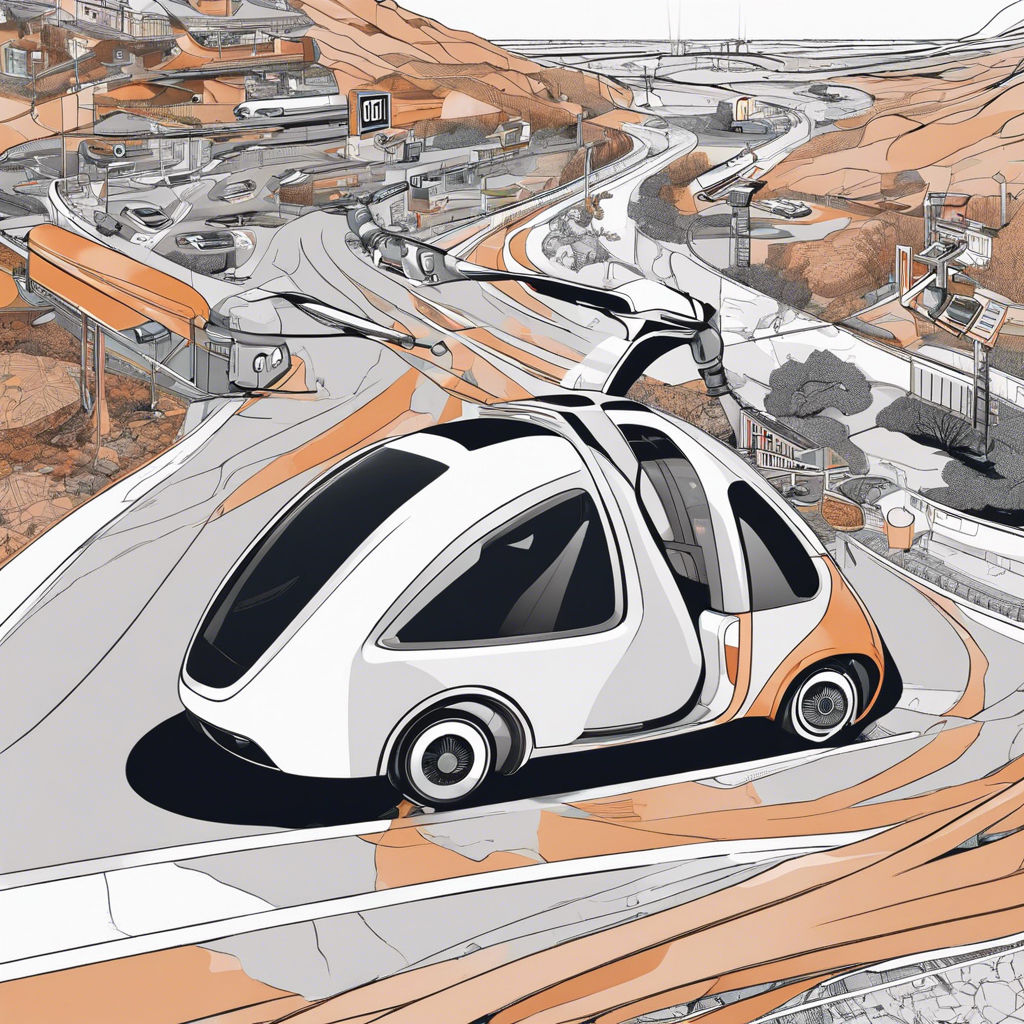The self-driving car industry has been making steady progress over the last decade, with autonomous vehicles (AVs) slowly but surely moving from the realm of science fiction to a potential reality on our roads. With advancements in technology and an increasingly favorable regulatory environment, the future of autonomous cars is looking brighter than ever. But what exactly does this future hold, and how will it shape our relationship with transportation?
One of the most significant impacts of autonomous vehicles will be on road safety. AVs have the potential to drastically reduce the number of accidents and fatalities on our roads, as they are not subject to the same human errors and limitations that cause the vast majority of crashes today. With advanced sensors, cameras, and software, self-driving cars can react to their surroundings in a fraction of a second, making them far safer than human drivers.
In addition to improving safety, autonomous vehicles also offer significant benefits in terms of efficiency and convenience. Self-driving cars can communicate with each other and the infrastructure around them, optimizing routes and reducing congestion. This not only shortens commute times but also reduces fuel consumption and emissions, contributing to a greener transportation system. Furthermore, the elderly and individuals with disabilities will gain independence and mobility through the convenience of autonomous vehicles.
The potential benefits of autonomous vehicles extend beyond individual car owners. The rise of self-driving cars is expected to bring about a shift from traditional car ownership to a model based on ride-sharing and on-demand transportation services. This transformation could reduce the number of vehicles on the road, further alleviating traffic congestion and lowering the demand for parking spaces.
Autonomous vehicles are also poised to revolutionize the trucking industry, with self-driving trucks already being tested for long-haul journeys. This technology has the potential to address the shortage of truck drivers while enhancing safety and efficiency in freight transportation. Through real-time updates and tracking, autonomous trucks can also improve supply chain visibility and enable more efficient inventory management.
However, despite the significant progress and optimism surrounding autonomous vehicles, several challenges remain to be addressed before they can become a mainstream reality. Ethical considerations, for instance, come into play when discussing the decision-making process of self-driving cars in complex scenarios. Additionally, there are concerns about data privacy and cybersecurity, as autonomous vehicles generate vast amounts of data that could be vulnerable to hacking or misuse.
Regulation and standardization are other critical aspects that need to be addressed. While progress has been made, with several states in the US already allowing the testing and deployment of autonomous vehicles, a comprehensive federal framework is still lacking. Clear regulations and standards are essential to ensure safety, promote innovation, and provide clarity to the industry and consumers alike.
In conclusion, the future of autonomous cars holds immense promise, with the potential to transform our transportation systems and bring about significant safety, efficiency, and environmental benefits. However, realizing this future requires continued technological advancements, ethical considerations, regulatory clarity, and addressing data privacy and cybersecurity concerns. As we move forward, it is essential to maintain a collaborative and thoughtful approach, involving stakeholders from the public and private sectors, to ensure that the deployment of autonomous vehicles is safe, equitable, and beneficial for all.
